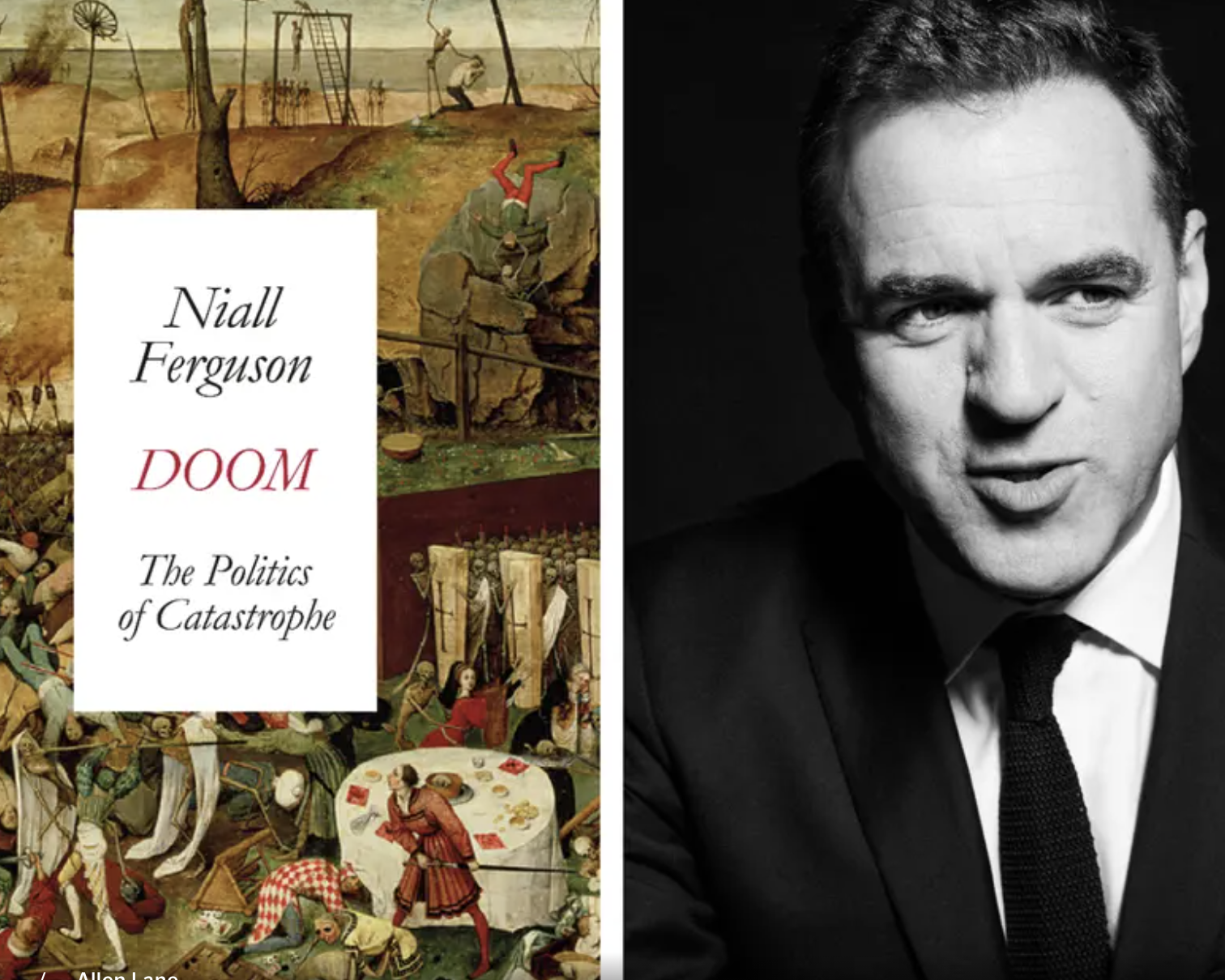This strategy is working. As recently as five years ago, American drugmakers had all but shut the door on licensing new medicines from China. By last year, one-third of the novel compounds entering U.S. pipelines originated from Chinese biotech companies. Industry analysts now predict that within 15 years, more than a third of new FDA drug approvals will trace their lineage to China — up from 5 percent today.
These trends threaten to shortchange the American biotech ecosystem. Every dollar spent to license compounds from China is a dollar diverted from innovation corridors such as South San Francisco and North Carolina’s Research Triangle.
In response, U.S. biotech investors are pressing the Trump administration to intervene. Some propose an excise tax on drugs licensed from China. Others advocate blocking such deals outright or subjecting them to closer federal scrutiny. So far, there has been no sign that the Trump administration intends to act on these requests. But appeals for intervention are likely to continue.
It’s not that Chinese discoveries are superior; they’re merely cheaper. The surest way to preserve America’s preeminence is not to seal off the marketplace of ideas and risk a global trade war over intellectual property, but to make domestic discovery more competitive — by minimizing China’s cost advantage.
China has an army of relatively low-paid scientists able to churn out new compounds, underwritten by state subsidies and supported by a permissive regulatory regime. Chinese biotech firms can quickly push experimental molecules into early-stage patient trials, get fast feedback on whether they strike their intended biological targets and fine-tune the chemistry as needed. It is a brute-force system of innovation.
The United States’ best lever for countering this is its regulatory framework. We, too, can streamline the early phases of drug development and give American developers the same edge in testing and refining new compounds.
In 2006, during my tenure as the FDA’s deputy commissioner for policy, the agency unveiled the “Phase 0” framework. This allowed drug developers to administer “microdoses” of new compounds to patients before embarking on more complex Phase 1 safety trials. The goal was to help innovators refine new molecules and reduce risks intrinsic to the first stages of discovery.
The policy was tailored to the prevailing landscape of drug development — chiefly small-molecule pills. Today, however, biologics, RNA-based drugs and cell therapies dominate the frontiers of innovation, and the Phase 0 policy should evolve to address these modern treatments.
The FDA should also allow early microdosing studies to seamlessly expand into Phase 1 trials if the data from Phase 0 tests are promising. This would eliminate the need to stop the clinical development process to file new paperwork.
We should also streamline preclinical animal testing to make it easier for new compounds to enter Phase 1 studies — and thus get a faster, cheaper read on their efficacy and safety.
Finally, though China’s biggest advantage has been its low cost of scientific labor, America’s edge is technology: our ability to deploy artificial intelligence to accelerate drug discovery, machine learning to refine trial design, and computational platforms to predict efficacy or safety long before patients are enrolled in trials. These tools are moving from the margins to the mainstream of drug development, and the FDA should encourage their use.
China has no scientific edge over the United States, and it is unlikely to soon replicate the mix of venture capital, biotechnology start-ups and academic research that bolsters discovery here. China has only a policy edge, which derives from its deliberate economic strategy.
We should not put up barriers to the flow of intellectual property across international borders, but rather seek new ways to help American entrepreneurs maintain their global lead.
Dr. Scott Gottlieb, former Commissioner of the U.S. Food and Drug Administration, is one of today’s most trusted voices in healthcare policy and pharmaceutical innovation. With deep experience at the highest levels of public health leadership, Dr. Gottlieb offers expert analysis on the evolving landscape of healthcare regulation, drug development, biopharma trends, and global market forces such as tariffs and supply chain disruption. A physician, policymaker, and thought leader, he regularly advises organizations navigating complex health and economic challenges. His insights are essential for anyone seeking clarity at the intersection of science, policy, and innovation. For speaking inquiries, contact WWSG.







